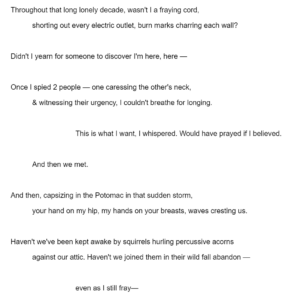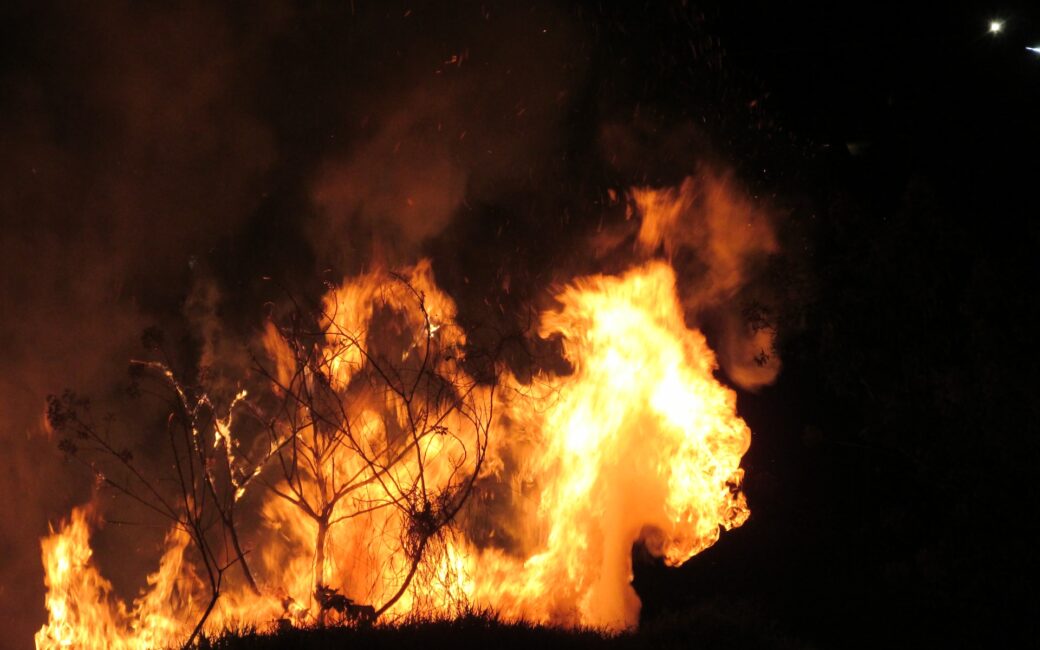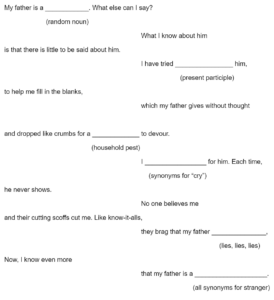The starlet’s facial features do the dance
demanded by the camera’s music: Snap.
A girl like that could do it in her sleep:
that look, immortalized in that romance,
the sculptor, carving up some pale ideal
and how he tried to make it love him back.
Miss Monroe’s blank and tired. You can see
she’s done with trying to make that smile look real.
Then Daltrey sang about his precious Lilly
completing the circuit: eyes to brain to hand,
a line a pixel, the billion points of light—
a limbic money shot of willy-nilly.
How many looks attempted, then discarded—
the duck, the hungry sparrow, baby fish,
a sucky little game face breaks the bank,
and stuffs itself with everything it’s started.
Like sugar—wet lips hungry, silent, so
they’re force-fed phalanxes of angry boy
until the psyche chokes. Are you done yet?
A million lonely housewives want to know.
Our man is walking, lonely on a beach,
without a hand in his, no candlelight
or quiet conversation, please, no games—
just eyeliner and implants, waves of bleach.
The truth is terrifying: In no way
is this what was at some point guaranteed—
by dint of dudeness: “Hooter’s type,” long legs,
some alien abduction, swiped away.
Now hand on gun, he’s hardened; resolute.
Be Seen, the billboard says. Be Seen. Be Loved.
The smile in that one photo was for him.
The dissonance enraging, playing cute,
while she is scanning all the sparkly racks
to amp up this and that, and try again.
The mental contact sheet of shots extends
to the atmosphere of Mars, which now attacks.
Consider the distraction: what it took
to blister reels of real life, snagged within
the teeth of the projector, motion stilled—
in hope that he would look, and look, and look.












